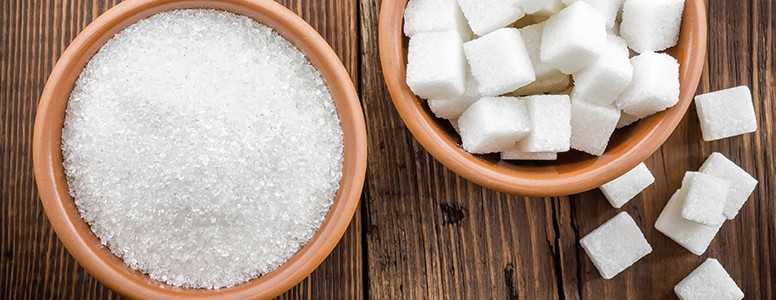Researchers from the University of Basel have identified how fructose affects the brain and could contribute to diabetes and obesity.
Fructose, also known as fruit sugar, is found in fruits, honey and vegetables. When consumed this way, fructose is harmless, as it is consumed with lots of vitamins.
However, fructose is also added to a number of products, such as ready meals, sugary drinks and ketchup, which affects the brain in a different way.
Fructose study
The research team assessed 12 healthy young men, and gave them either given glucose, fructose or placebo through a feeding tube. Their blood work was then monitored, and they were asked how satisfied they felt. Researchers also used magnetic resonance imaging (MRI) to assess how fructose affected the brain.
Compared to glucose, fructose created less satiety among patients and was less effective at stimulating the brain’s reward centre. Satiety hormones only increased marginally in patients after fructose consumptio, leaving them less satisfied.
Lead authors Dr Bettina Wölnerhanssen and Dr Anne Christin Meyer-Gerspach, wrote: “The study may provide the first key findings about the lack of satiety and rewarding effects triggered by fructose.
“Fructose consumption from industrially produced foods is increasing worldwide, and this may be accompanied by adverse metabolic consequences.”
The wide use of fructose is suspected to negatively impact health and promote the development of disorders such as diabetes, obesity, fatty liver disease and gout.
Effect on insulin
While insulin-dependent diabetics require insulin following sugar consumptio, fructose otherwise has a minimal affect on insulin secretio, whereas glucose causes insulin release within minutes.
Now researchers understand that fructose affects the brain differently to glucose, the University of Basel team aim to investigate the role of insulin levels in a much larger study.
The findings from this study were published in the journal PLOS ONE.
What's new on the forum? ⭐️
Get our free newsletters
Stay up to date with the latest news, research and breakthroughs.






